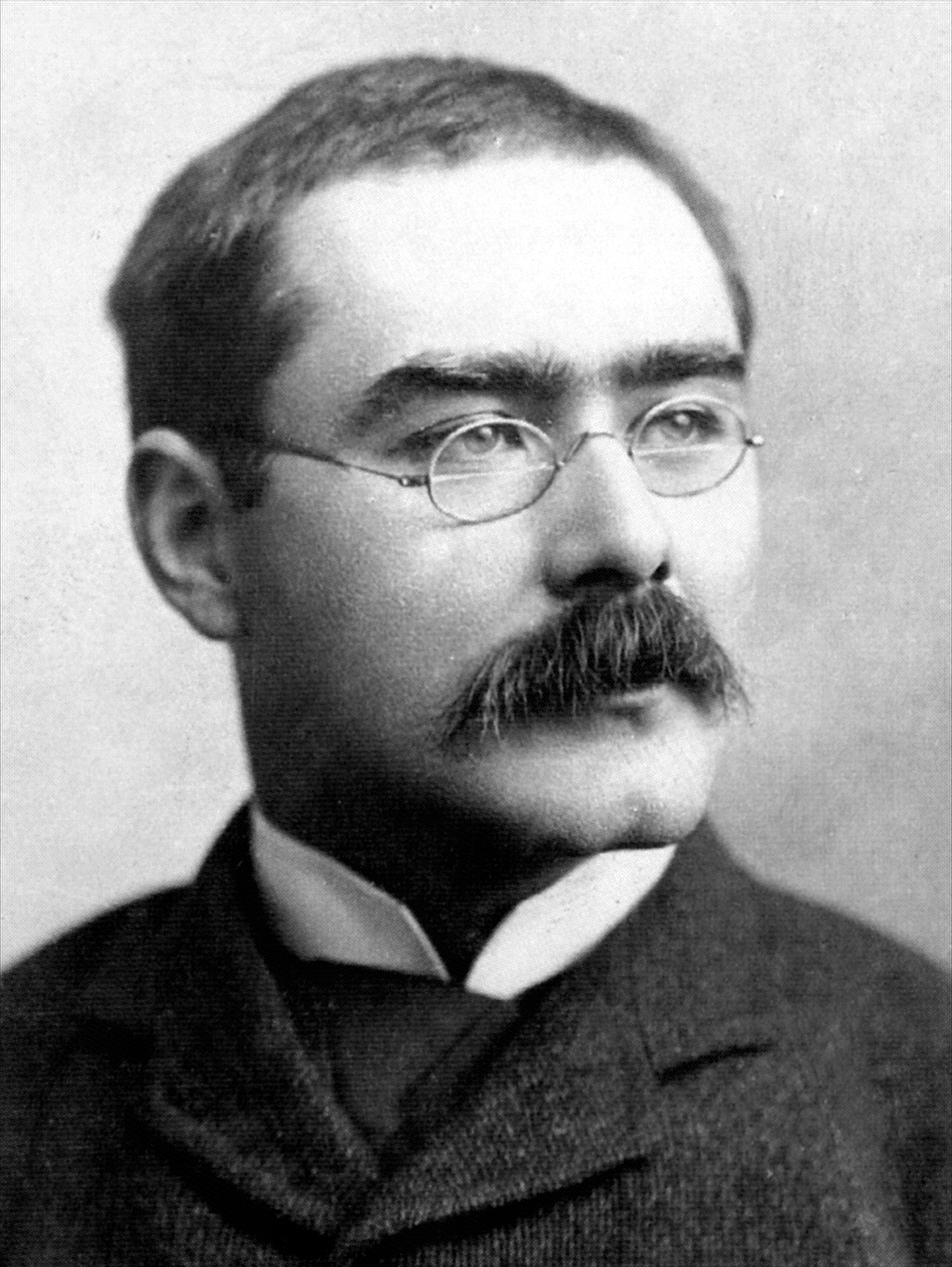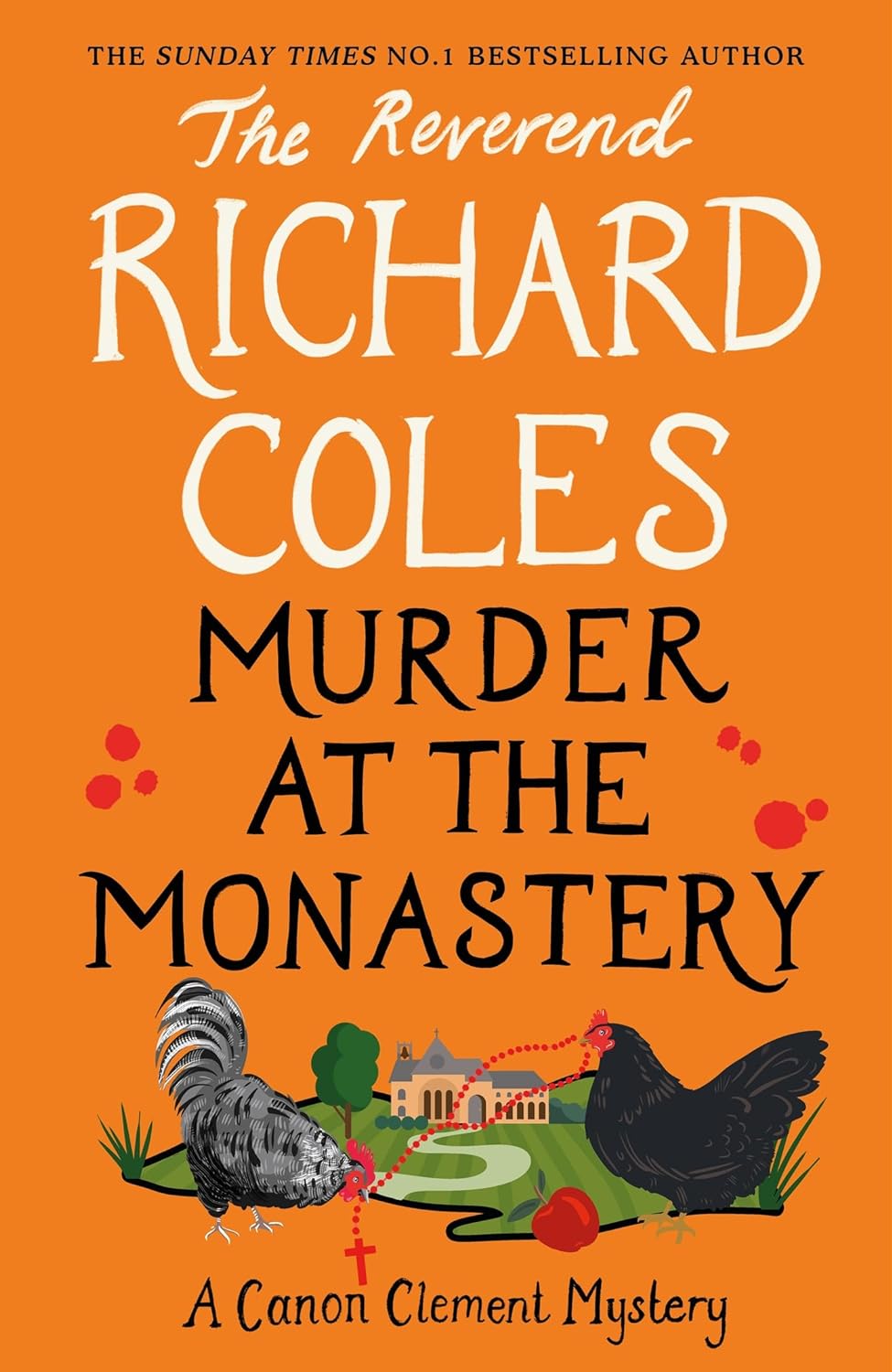Rudyard Kipling
Author:
Rudyard Kipling
Date of birth: 30-Dec-1865
Place of birth: Bombay (Mumbai), India
About the author:
Rudyard Kipling (1865–1936) was an English author, poet, and journalist, widely recognised for his storytelling genius, especially in children’s literature and tales of British imperialism. He was the first English-language writer to receive the Nobel Prize in Literature (1907), and remains the youngest recipient to this day.
Born Joseph Rudyard Kipling on December 30, 1865, in Bombay (Mumbai), India, Kipling spent the early years of his life immersed in Indian culture and language. This experience left an indelible mark on his imagination and deeply influenced much of his later writing. At the age of six, he was sent to England to be educated, an experience he found emotionally harsh and alienating. He later attended the United Services College at Westward Ho!, Devon, a boarding school that provided further inspiration for his tales of discipline and resilience.
Kipling returned to India in 1882 to work as a journalist for the Civil and Military Gazette in Lahore. It was during this period that he began publishing stories that reflected his acute observations of colonial life and the complex relationships between colonisers and the colonised. His first collection, Plain Tales from the Hills (1888), brought him literary attention in both India and Britain.
He married American Caroline Balestier in 1892 and lived for a time in Vermont, USA, where he wrote The Jungle Book (1894) and The Second Jungle Book (1895), stories that have become timeless classics. Featuring the adventures of the orphaned boy Mowgli and animals such as Baloo the bear and Bagheera the panther, these tales combined moral fables with rich allegory and remain among Kipling’s most beloved works.
Kipling’s other major works include:
•Kim (1901), a coming-of-age espionage novel set in British India;
•Captains Courageous (1897), a seafaring adventure;
•Just So Stories (1902), whimsical origin tales for children;
•Numerous poems, such as “If—,” “Gunga Din,” and “The White Man’s Burden,” which reflect both his literary skill and, at times, his imperialist worldview.
Kipling's views on empire and race have long been the subject of debate. While many admired his celebration of British values and service, others criticised his work for its paternalistic and colonialist attitudes. Nonetheless, his technical skill as a writer—his vivid imagery, narrative precision, and mastery of rhythm and dialect—have secured his place in literary history.
He suffered personal tragedy during World War I when his only son, John, was killed in combat. This loss deeply affected Kipling, who later worked with the Imperial War Graves Commission and wrote extensively on themes of honor, sacrifice, and mourning.
In 1907, Kipling became the first British writer to win the Nobel Prize in Literature, praised for the power of his narrative and imaginative insight. He declined a knighthood and the post of Poet Laureate but remained a significant public figure in British cultural life until his death.
Rudyard Kipling died on January 18, 1936, and is buried in Poets’ Corner, Westminster Abbey. His legacy remains complex—celebrated for his contributions to English literature, particularly children's fiction, and scrutinised for the imperial attitudes his work often reflects. Regardless, his impact on narrative form, children’s literature, and poetic expression is enduring and profound.

This page was updated on: 1st September 2024

